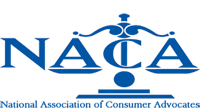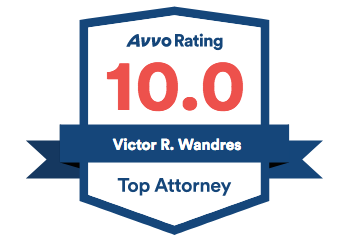Who’s Calling? That Debt Collector Could Be a Fake
Consumers across the country report that they’re getting telephone calls from people trying to collect on loans the consumers never received or on loans they did receive but for amounts they do not owe. Others are receiving calls from people seeking to recover on loans consumers received but where the creditors never authorized the callers to collect for them. So what’s the story?
The Federal Trade Commission (FTC), the nation’s consumer protection agency, is warning consumers to be on the alert for scam artists posing as debt collectors. It may be hard to tell the difference between a legitimate debt collector and a fake one. Sometimes a fake collector may even have some of your personal information, like a bank account number. A caller may be a fake debt collector if he:
- is seeking payment on a debt for a loan you do not recognize;
- refuses to give you a mailing address or phone number;
- asks you for personal financial or sensitive information; or
- exerts high pressure to try to scare you into paying, such as threatening to have you arrested or to report you to a law enforcement agency.
If you think that a caller may be a fake debt collector:
- Ask the caller for his name, company, street address, and telephone number. Tell the caller that you refuse to discuss any debt until you get a written “validation notice.” The notice must include the amount of the debt, the name of the creditor you owe, and your rights under the federal Fair Debt Collection Practices Act.
If a caller refuses to give you all of this information, do not pay! Paying a fake debt collector will not always make them go away. They may make up another debt to try to get more money from you.
- Stop speaking with the caller. If you have the caller’s address, send a letter demanding that the caller stop contacting you, and keep a copy for your files. By law, real debt collectors must stop calling you if you ask them to in writing.
- Do not give the caller personal financial or other sensitive information. Never give out or confirm personal financial or other sensitive information like your bank account, credit card, or Social Security number unless you know whom you’re dealing with. Scam artists, like fake debt collectors, can use your information to commit identity theft – charging your existing credit cards, opening new credit card, checking, or savings accounts, writing fraudulent checks, or taking out loans in your name.
- Contact your creditor. If the debt is legitimate – but you think the collector may not be – contact your creditor about the calls. Share the information you have about the suspicious calls and find out who, if anyone, the creditor has authorized to collect the debt.
- Report the call. Contact the FTC and your state Attorney General’s office with information about suspicious callers. Oklahoma Consumer Protection Act provides you a method to go after these unscrupulous debt collections in addition to the federal FDCPA. Contact the consumer protection attorneys at Paramount Law for a free consultation.




